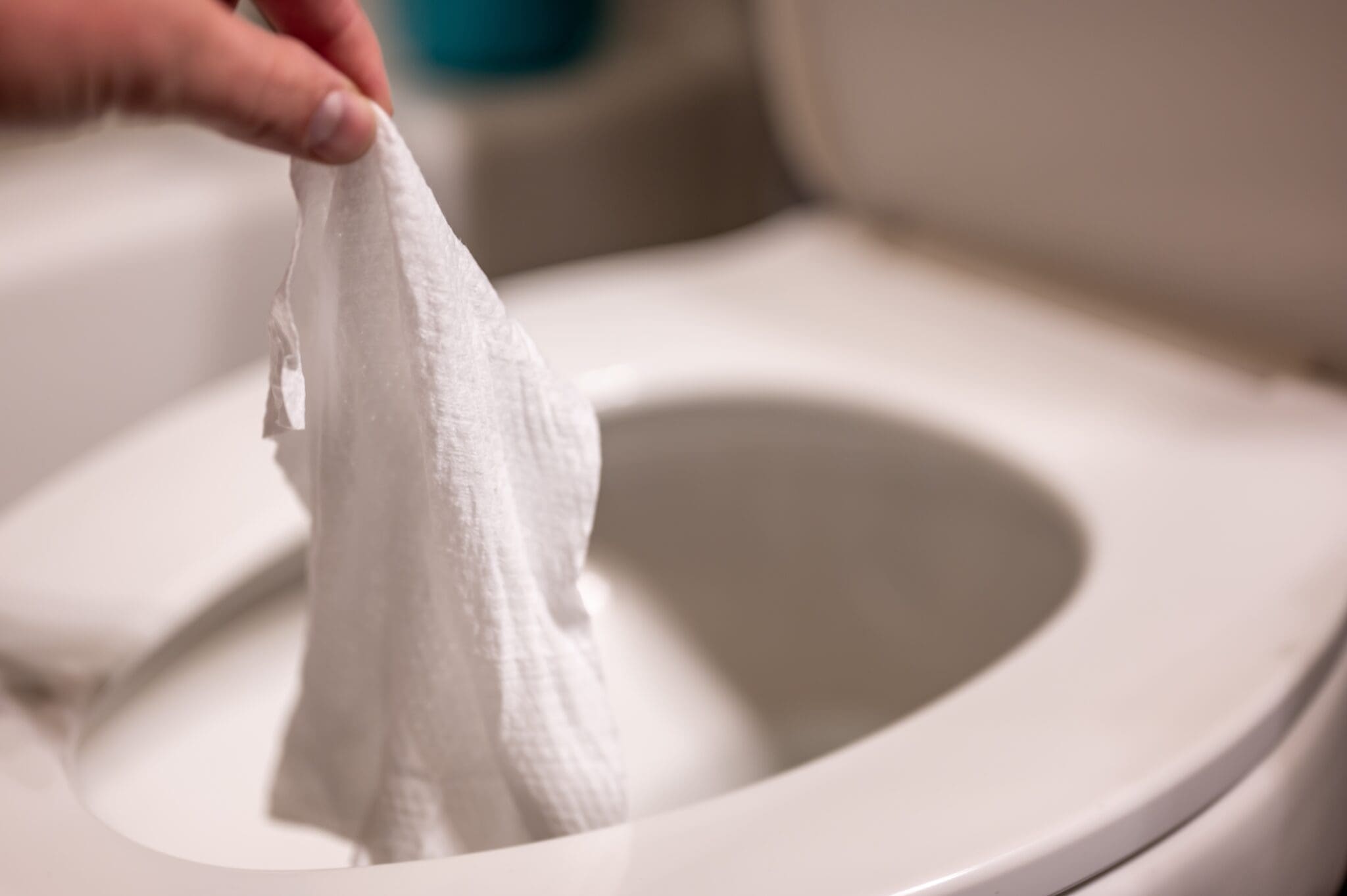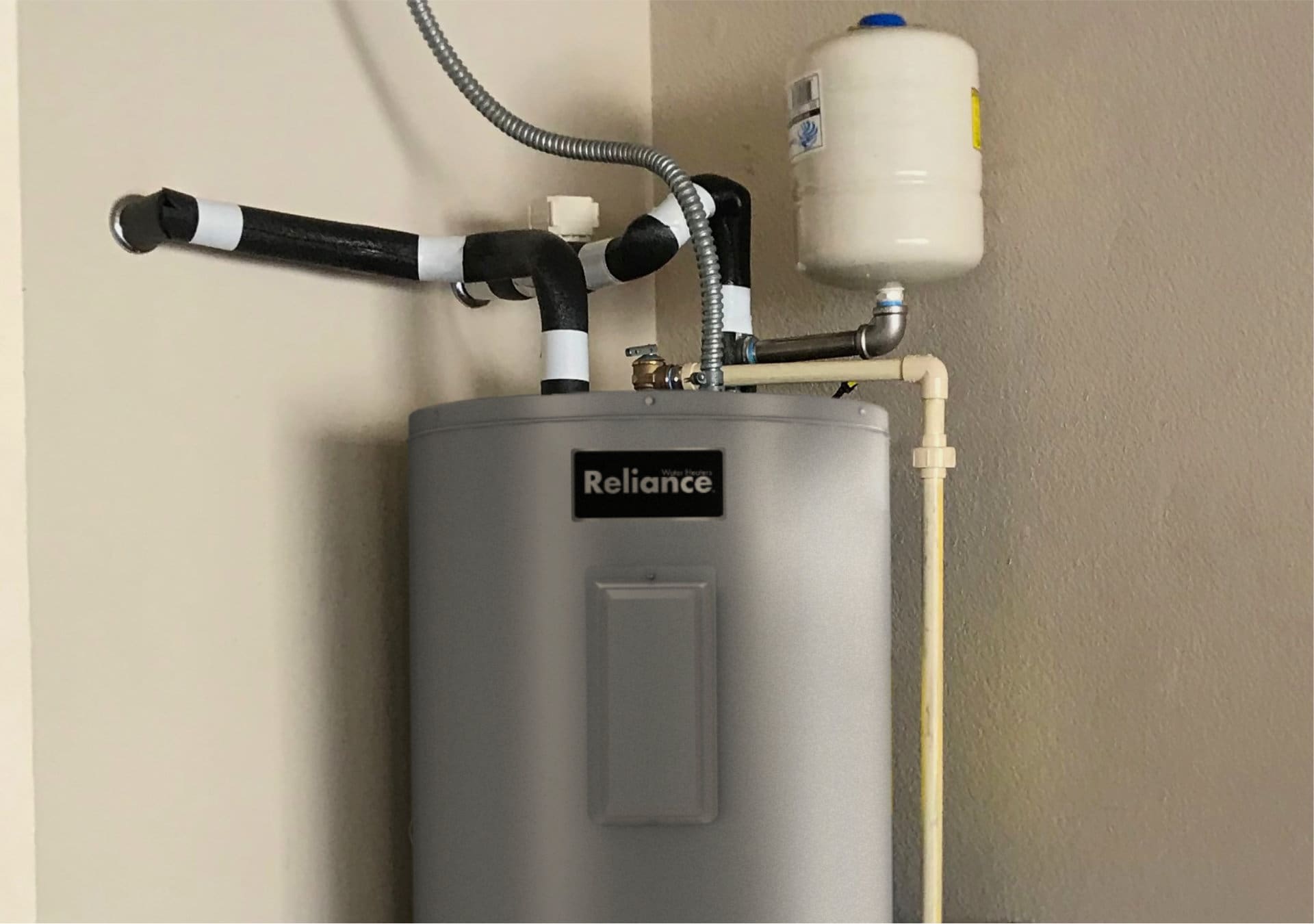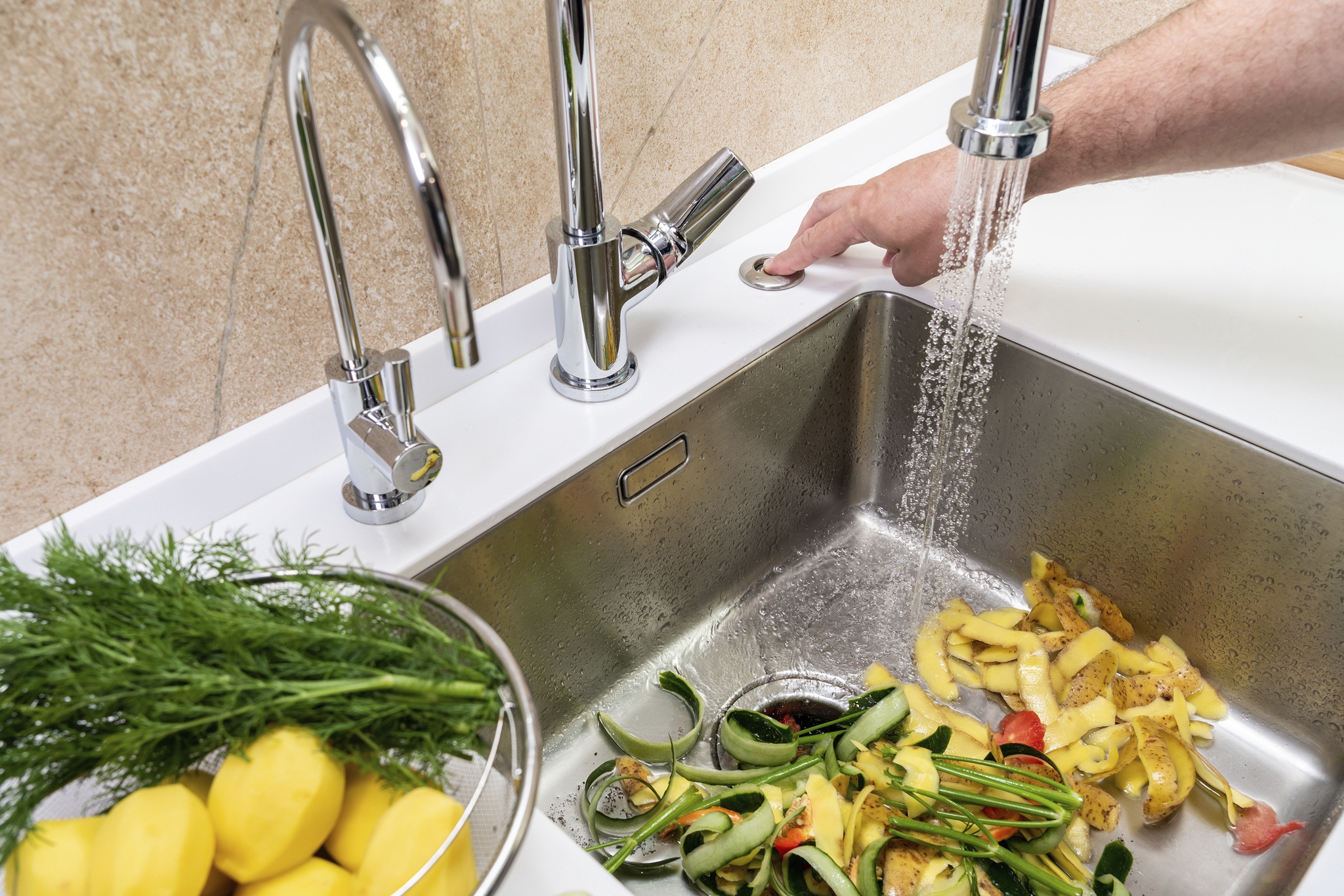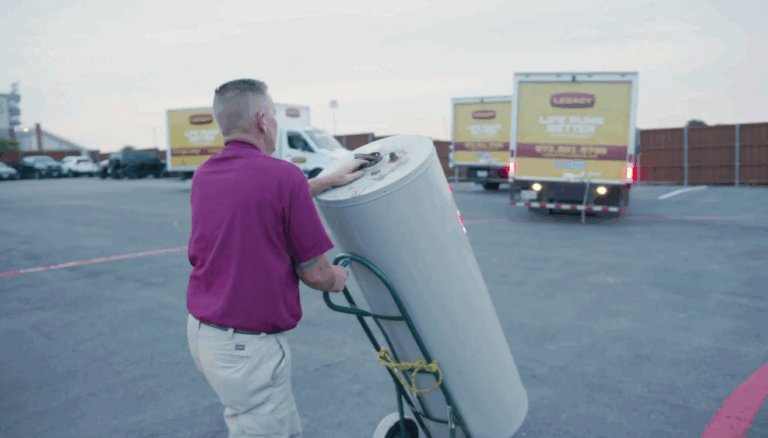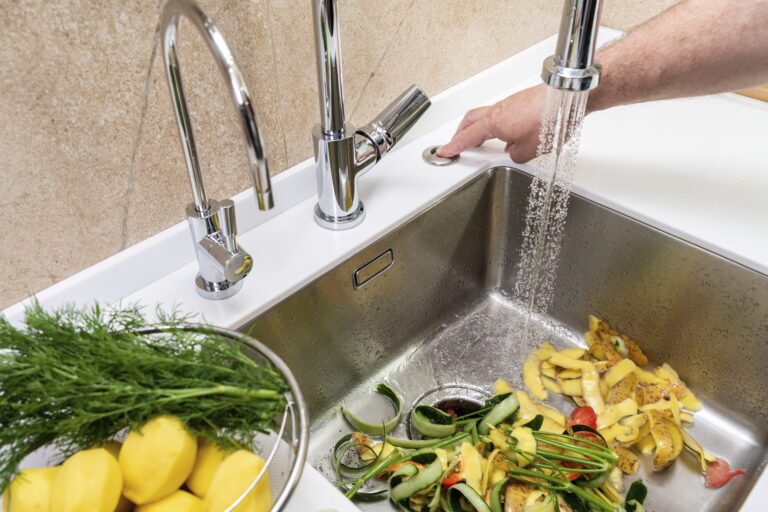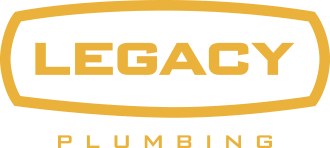Your toilet is, unfortunately, not a magical portal to another dimension. Flushing certain items down the toilet might seem convenient, but it can have serious consequences. Let’s examine the damage non-flushables can cause, how to fix a clogged toilet, and when to call in the professionals.
Baby Wipes
- Despite some claiming to be flushable, baby wipes are notorious for causing pipe issues. Unlike toilet paper, designed to disintegrate quickly, baby wipes are sturdy and can create blockages in your pipes. Over time, this can lead to the need for extensive pipe repair, an issue that’s not only inconvenient but also potentially expensive.
Menstrual Products
- Tampons and sanitary pads should never enter your toilet. When wet, these items expand, leading to blockages and potential damage to your plumbing. Instead, use proper disposal methods, such as sanitary bins or designated trash receptacles.
Paper Towels and Tissues
- While toilet paper is designed to break down easily, paper towels and tissues are not. Flushing these down the toilet can result in blockages, requiring you to learn how to fix a clogged toilet or, in severe cases, necessitate professional bathroom plumbing services.
Diapers
- Diapers’ sheer size and absorbency make them one of the worst items to flush down the toilet. They can quickly expand and clog pipes, leading to a messy situation that requires prompt attention.
Medicine
- Flushing expired or unused medication might seem like a safe disposal method, but it can have serious environmental implications. Medications can end up in water systems, impacting aquatic life. Always follow proper disposal methods for medicines and avoid flushing them.
Hair
- Hair might not seem an immediate threat, but it can easily accumulate and block your pipes.
Rubber/Plastic Products
- Flushing rubber or plastic products down the toilet might seem discreet, but it’s a plumbing disaster waiting to happen. Rubber and plastic don’t break down in water and can easily get tangled in the pipes, causing clogs and requiring bathroom plumbing services to resolve.
Cat Litter
- Some cat litter may claim it can be flushed, but it is almost always a disastrous choice for your plumbing. Flushing cat litter down the toilet can result in clumps forming in your pipes, leading to blockages and potential pipe repair needs.
Cooking Grease
- Pouring cooking grease down the toilet might seem convenient, but it solidifies as it cools, creating a sticky mess in your pipes. This can lead to clogs and a plumbing headache that’s best avoided.
How to Fix a Clogged Toilet
If you find yourself dealing with a clogged toilet, this simple step might help:
Plunger: A plunger is a handy tool for minor clogs. Ensure a proper seal and plunge vigorously.
When to Call a Pro
If your DIY efforts prove futile or if you notice these signs, it’s time to call in professionals:
Persistent Clogs: If your toilet is frequently clogged despite your efforts, it’s a sign of an underlying issue.
Unpleasant Odors: Persistent foul smells might indicate a problem in your plumbing.
Water Leaks: Any signs of water leaks around the toilet base or elsewhere should be addressed promptly.
If you’re facing persistent clogs or plumbing issues, Legacy Plumbing’s bathroom plumbing services are just a call away. Contact us at (972)-801-9798 to have it taken care of quickly. Protect your pipes and avoid flushing these items down the toilet.
To schedule a consultation, contact us at (972)-801-9798. We look forward to working with you!







